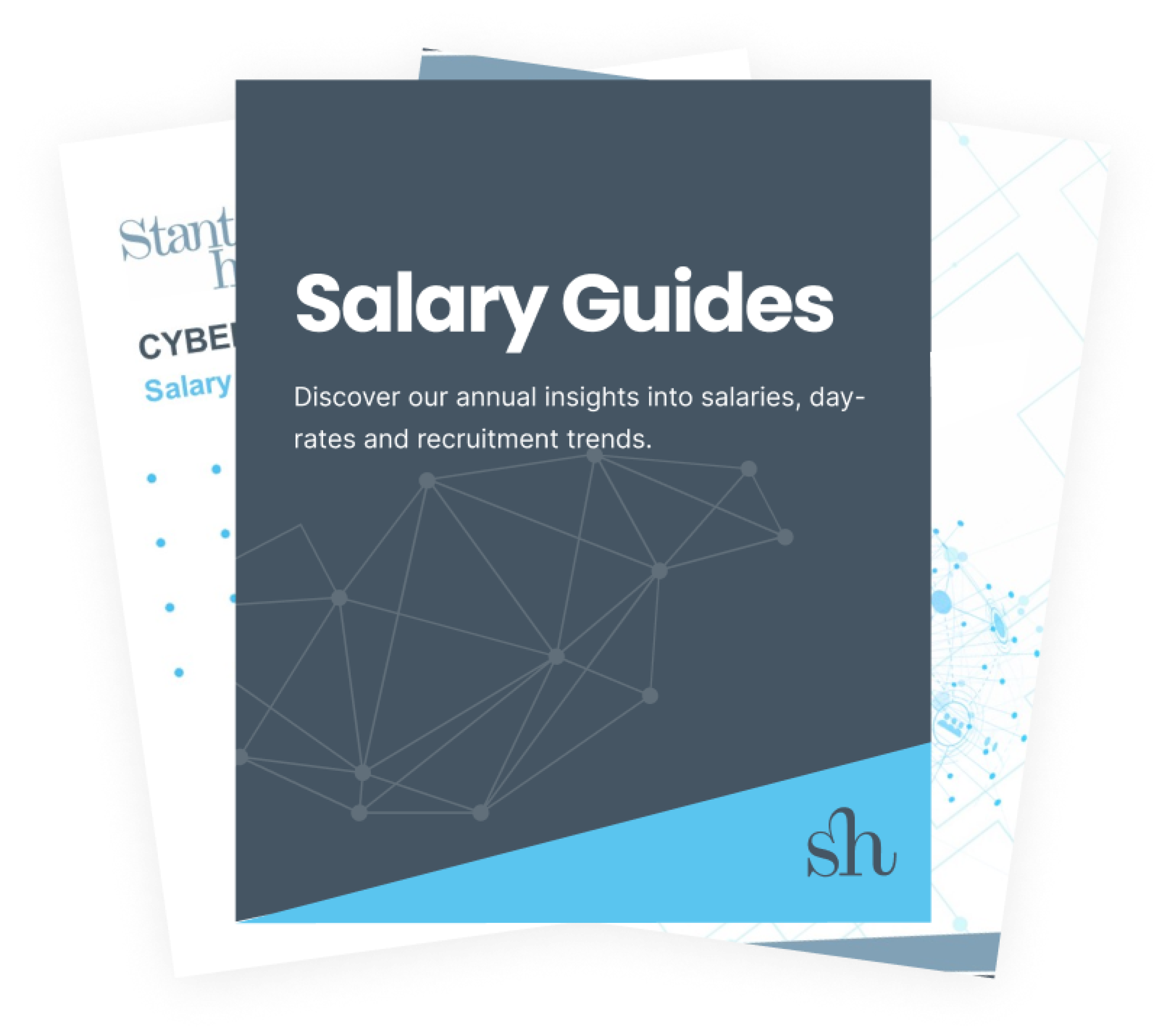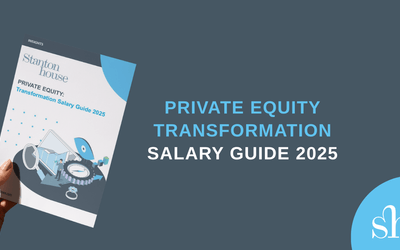
The Importance of Empathy In the Workplace
A few months ago, a Forbes Magazine article went viral on LinkedIn. It discussed the new meaning and importance of empathy in the workplace, specifically how it can be fostered as a leadership skill. This was very timely as Stanton House had just kicked off a new series called ‘The Empathy Series’. The series was developed following discussions about the meaning of inclusion, what does it mean to really be able to bring your best self to work, especially in a time where work and life boundaries are continuing to blur? No longer can we pretend that work and life can be completely separate, and that what happens in our lives doesn’t affect how we perform and act in the workplace.
The goal of the series is to foster an empathetic environment in the workplace. Empathy is very different from sympathy, as it carries no judgement. It is about putting yourself in the other person’s shoes and understanding why they may feel a certain way, rather than understanding it from your own perspective which may cause a sense of pity. The series has been hugely impactful because of the large group of colleagues that have stepped up and shared their lived experiences about topics such as going through the menopause, mental health and caring for dependents. Standing up in front of your place of work and sharing your reality requires a different kind of bravery, one that allows others to understand and comprehend rather than judge.
Our first session was about the Menopause, some reflections on that session can be found here. The second session covered Male’s Mental Health, you can read more about that one here.
This month our Empathy Series covered the topic ‘Caring for Dependents’. Did you know that during the first wave of Covid-19 there were an estimated 13.6 million people in the United Kingdom that had extra caring responsibilities? With a new wave of Omicron predicted this subject feels more important than ever. During our session colleagues shared their lived experiences as a child with caring responsibilities, caring for a close friend, being a new parent, and being a sole parent.
Caring for dependents impacts your experience in the workplace and research shows that most people struggle with the question ‘which do I prioritise, work or caring for my loved one?’
Research shows there is a gender layer to this topic, as women usually take the brunt of caring responsibilities. This article by King’s College London’s Global Institute for Women’s Leadership summarises the gender gap nicely and found that:
“Women perform 75 per cent of unpaid care work globally, dedicating, on average, four hours and 25 minutes daily to it – more than three times men’s average of one hour and 23 minutes. While it’s often not acknowledged or appreciated, unpaid care work really is work – often very hard work. It’s essential not just for families, but for the economy as a whole.”
We have three more sessions scheduled in 2022. However, the series may continue after that as there are so many more interesting topics that can be covered. In January we will discuss the effects of having a chronic illness, in February pregnancy, miscarriage and IVF will be tackled and in March we will talk about how to embrace size diversity. All of these things will be specifically looked at through a workplace lens, broaching taboo topics and how they may influence our colleagues in the workplace.
If you are interested in learning more about the series or understand how you may be able to launch a similar type of project in your workplace you can contact our Learning, Development and Inclusion Partner Esther Boffey, at esther.boffey@stantonhouse.com


















